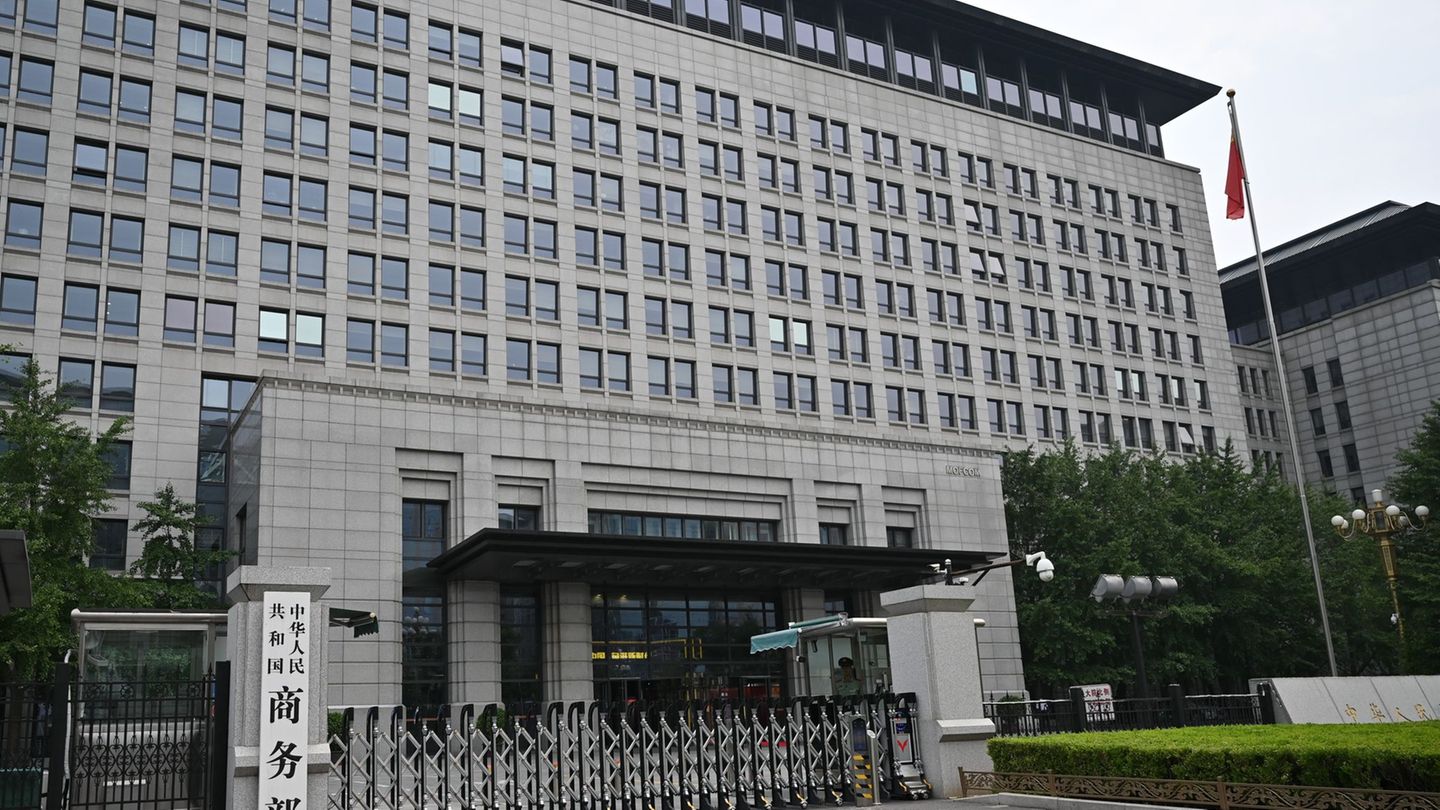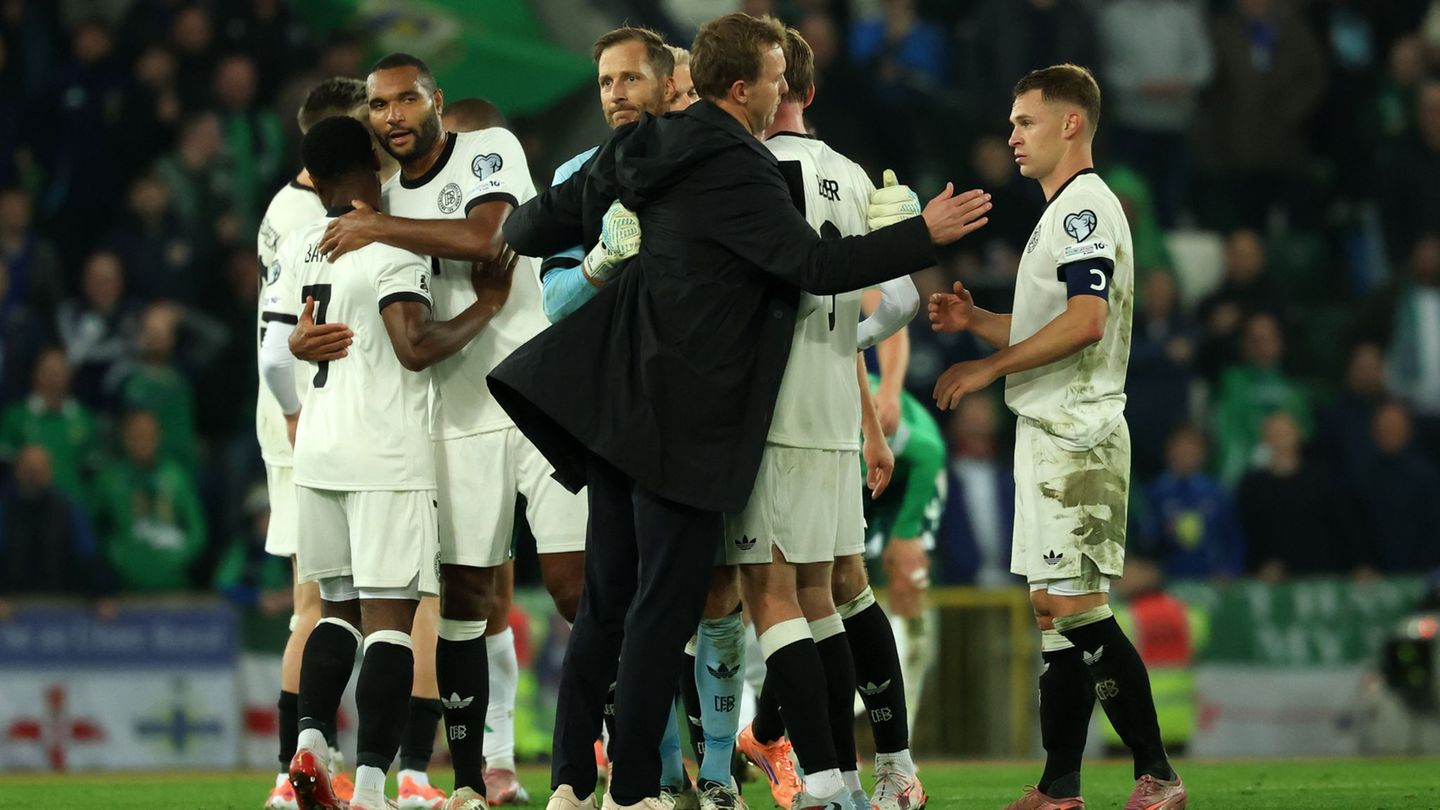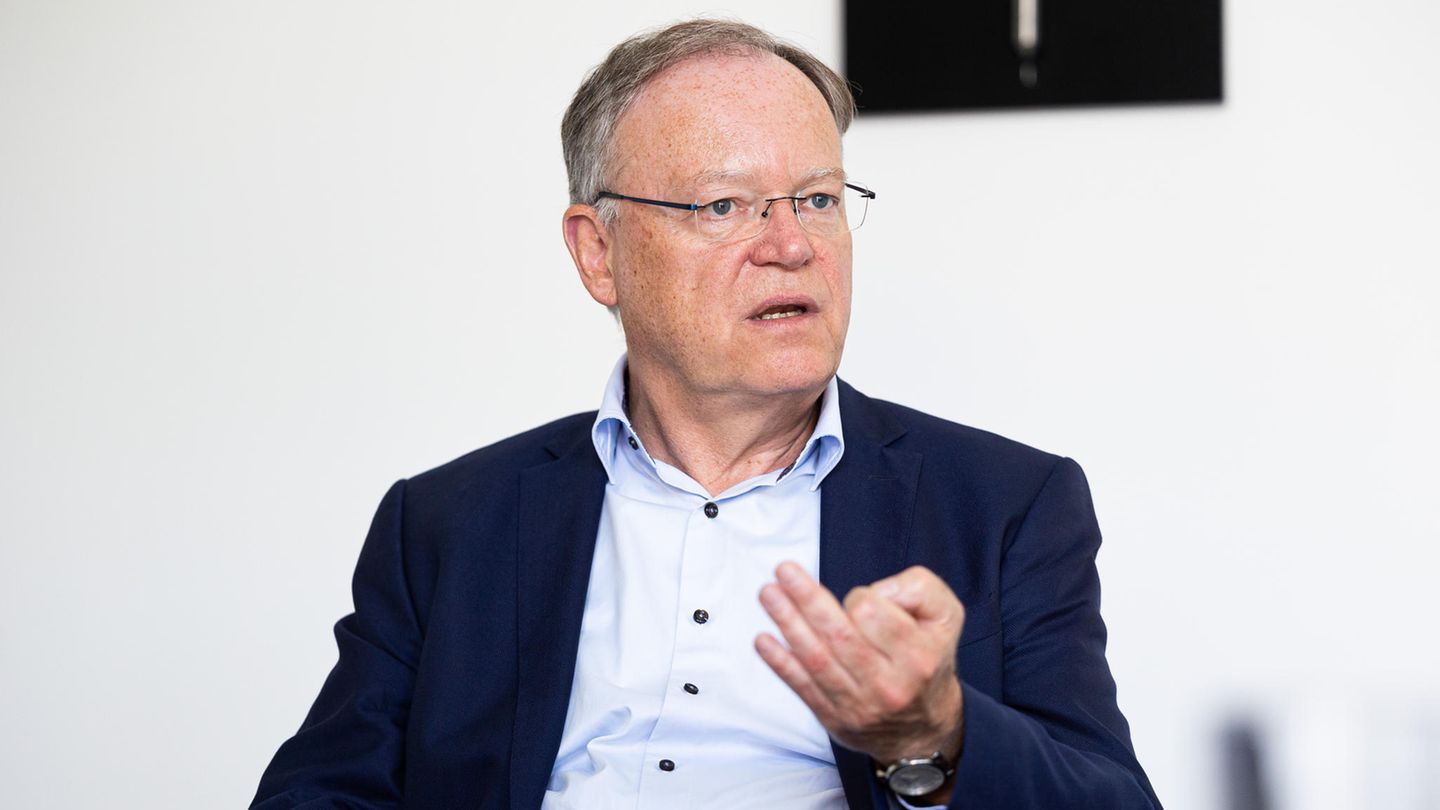I have been working in the news industry for over 6 years, first as a reporter and now as an editor. I have covered politics extensively, and my work has appeared in major newspapers and online news outlets around the world. In addition to my writing, I also contribute regularly to 24 Hours World.
Menu
SPD Prime Minister Weil: “BSW is a stab in the flesh of the SPD”
Categories
Most Read
Situation at a glance: Macron warns of ongoing threat from Hamas
October 14, 2025
No Comments
Biden and Clinton praise Trump for ceasefire in Gaza
October 14, 2025
No Comments
Domestic political crisis: France’s new government is fighting for austerity budget
October 14, 2025
No Comments
Gaza Agreement: After Trump’s Middle East trip: What’s next in Gaza?
October 14, 2025
No Comments
Venezuela closes embassy in Oslo after Nobel Peace Prize award
October 14, 2025
No Comments
Latest Posts

National soccer team: Goalkeeping debate annoys Nagelsmann: “Not productive”
October 14, 2025
No Comments
PierceI am Pierce Boyd, a driven and ambitious professional working in the news industry. I have been writing for 24 Hours Worlds for over five

Trade dispute: Government: China fights “customs war” with USA until the end
October 14, 2025
No Comments
AngelicaI am an author and journalist who has written for 24 Hours World. I specialize in covering the economy and write about topics such as

National football team: points before aesthetics: situation in World Cup qualification completely turned around
October 14, 2025
No Comments
PierceI am Pierce Boyd, a driven and ambitious professional working in the news industry. I have been writing for 24 Hours Worlds for over five
24 Hours Worlds is a comprehensive source of instant world current affairs, offering up-to-the-minute coverage of breaking news and events from around the globe. With a team of experienced journalists and experts on hand 24/7.

